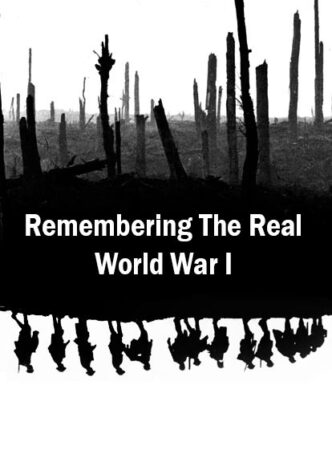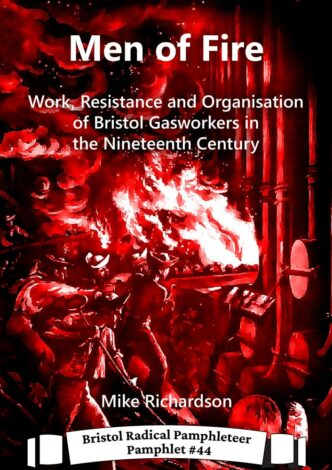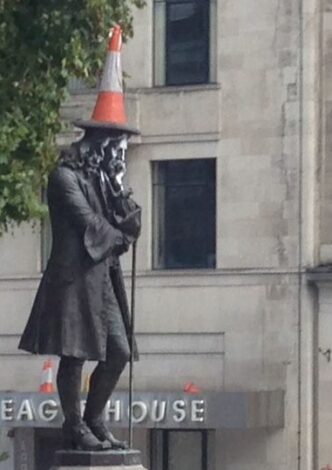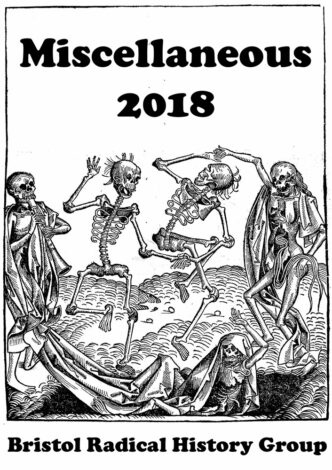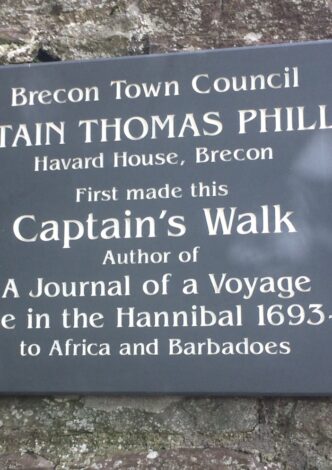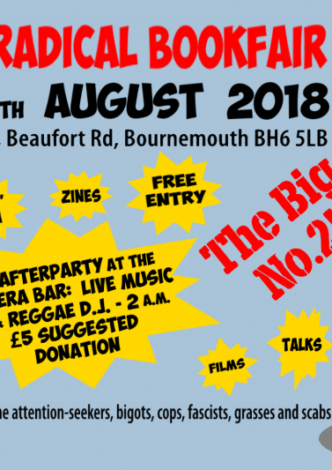History walk – ‘Canting Humbugs’: Resistance and reaction in Bristol during World War One
This 1.5 hour history walk led by members of the Remembering the Real World War One history group explores resistance to the conflict in Bristol. From mass meetings of trade unionists opposing intervention in the war, to the struggles against conscription and the role of Conscientious Objectors this walk uncovers hidden histories and dispels some myths along the way. It also considers the divisions that arose amongst comrades in the labour movement, Socialists, Christians and those fighting for […]


